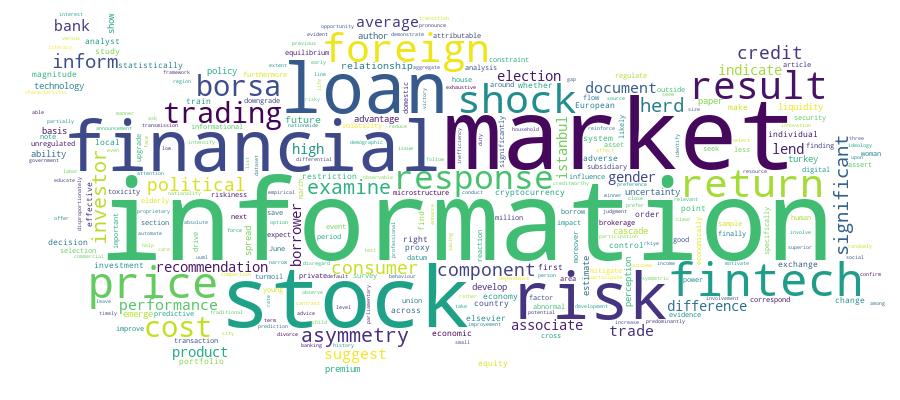Tiniç, Murat
Loading...

Profile URL
Name Variants
Tinic, Murat
Tiniç,M.
Murat Tiniç
T.,Murat
TINIÇ, Murat
Murat TINIÇ
Tinic,Murat
T., Murat
Tiniç, Murat
Tinic,M.
TINIÇ, MURAT
Murat, Tinic
MURAT TINIÇ
Tiniç, M.
M. Tiniç
Tiniç, MURAT
Tiniç,M.
Murat Tiniç
T.,Murat
TINIÇ, Murat
Murat TINIÇ
Tinic,Murat
T., Murat
Tiniç, Murat
Tinic,M.
TINIÇ, MURAT
Murat, Tinic
MURAT TINIÇ
Tiniç, M.
M. Tiniç
Tiniç, MURAT
Job Title
Dr. Öğr. Üyesi
Email Address
Main Affiliation
International Trade and Finance
Status
Current Staff
Website
ORCID ID
Scopus Author ID
Turkish CoHE Profile ID
Google Scholar ID
WoS Researcher ID
Sustainable Development Goals
15
LIFE ON LAND

0
Research Products
16
PEACE, JUSTICE AND STRONG INSTITUTIONS

0
Research Products
14
LIFE BELOW WATER

0
Research Products
6
CLEAN WATER AND SANITATION

0
Research Products
3
GOOD HEALTH AND WELL-BEING

0
Research Products
17
PARTNERSHIPS FOR THE GOALS

3
Research Products
4
QUALITY EDUCATION

0
Research Products
2
ZERO HUNGER

0
Research Products
10
REDUCED INEQUALITIES

0
Research Products
7
AFFORDABLE AND CLEAN ENERGY

0
Research Products
13
CLIMATE ACTION

0
Research Products
1
NO POVERTY

0
Research Products
9
INDUSTRY, INNOVATION AND INFRASTRUCTURE

0
Research Products
12
RESPONSIBLE CONSUMPTION AND PRODUCTION

0
Research Products
8
DECENT WORK AND ECONOMIC GROWTH

3
Research Products
11
SUSTAINABLE CITIES AND COMMUNITIES

0
Research Products
5
GENDER EQUALITY

1
Research Products

Documents
12
Citations
70
h-index
6

Documents
13
Citations
66

Scholarly Output
10
Articles
9
Views / Downloads
73/1339
Supervised MSc Theses
0
Supervised PhD Theses
0
WoS Citation Count
36
Scopus Citation Count
41
WoS h-index
4
Scopus h-index
4
Patents
0
Projects
0
WoS Citations per Publication
3.60
Scopus Citations per Publication
4.10
Open Access Source
6
Supervised Theses
0
Google Analytics Visitor Traffic
| Journal | Count |
|---|---|
| Borsa Istanbul Review | 3 |
| Applied Economics Letters | 1 |
| Economics Letters | 1 |
| Finance Research Letters | 1 |
| Fintech, Pandemic, and The Financial System: Challenges and Opportunities | 1 |
Current Page: 1 / 2
Competency Cloud


